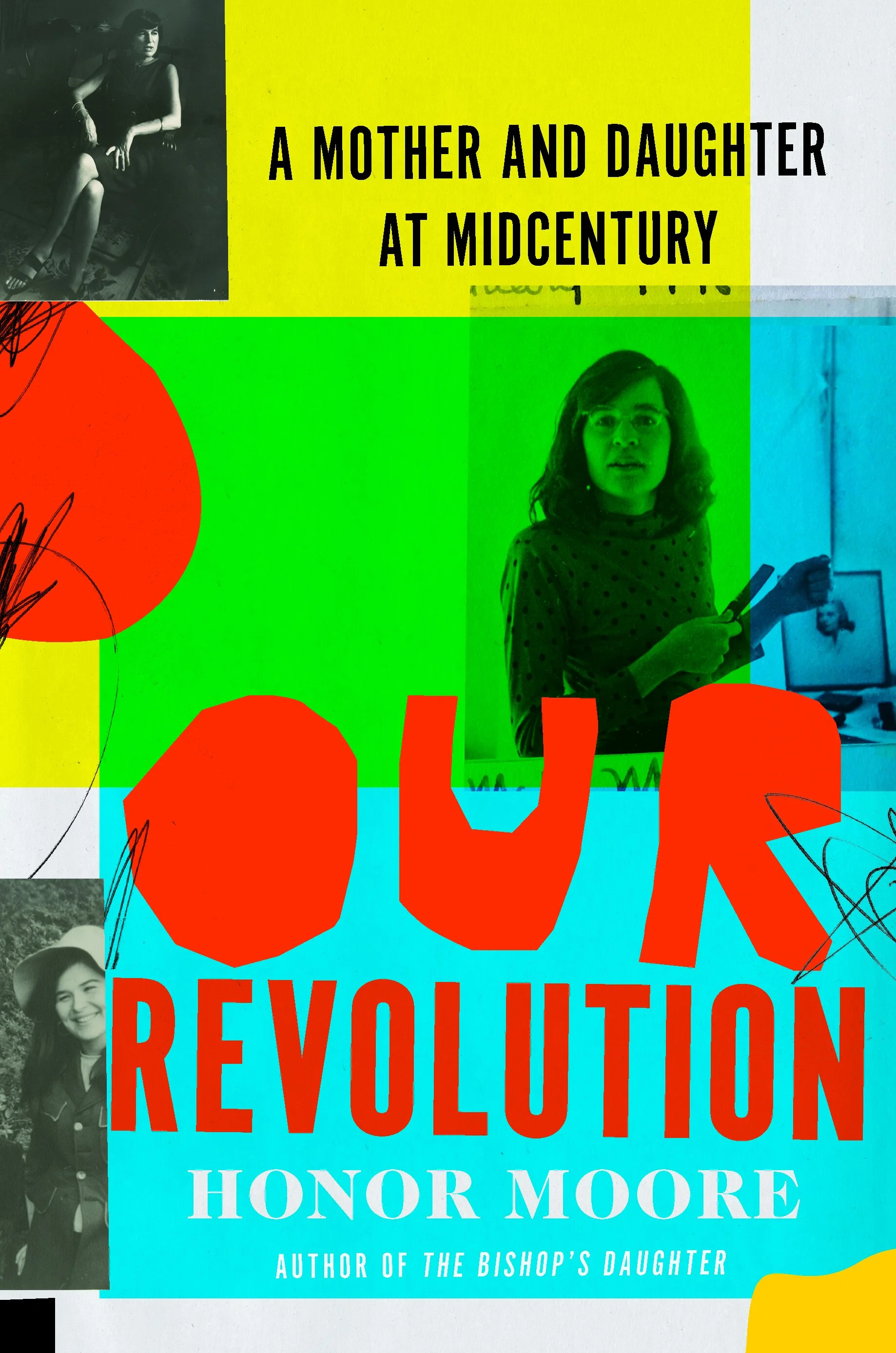All in What We're Reading Now
by Brady Huggett
My own mother died years ago, and, similar to Honor Moore’s experience, she left me her journals, letters, essays, and notebooks filled with quotations and existential pondering. Like Moore, it took me years to fully unpack the boxes, a decade slipping away before I gathered the courage to read it all front to back and try to make sense of my mother’s life.
What helps us to endure amidst the pain and suffering and panic? I’m not sure. I’m sure it’s different for everyone. But maybe writing, for me, is a kind of prayer. Maybe art is a kind of prayer. Maybe walking. Maybe breathing. Maybe caring about something sacred to you, no matter how silly it seems to other people, is a kind of prayer. Or maybe I’m elevating something I love to give me an excuse to keep doing it.
by Aimee Griffin
A book or books that you once loved isn’t quite the same thing as a painful memory, but for me, rereading His Dark Materials by Philip Pullman felt similarly unapproachable because it had direct ties to a past iteration of myself.
by Doris W. Cheng
These verbal capsules contain universes—seemingly ordinary worlds that transform, as a matter of course, in unexpected and mysterious ways. A woman gets a stomachache and lays an egg. A man gives mouth-to-mouth resuscitation to a seahorse and floats out to sea. I’m finding them to be perfect reading for a pandemic.
by Michael Juliani
It is difficult to track the speaker of Shimoda’s poems, as his work permeates the delineation between self and other. With this untethering, Shimoda creates a body of text and formal space that unites human and nonhuman aspects of the desert, embodying it as something internal.
by Joelle Boland
Here are some of the books that have kept me occupied in isolation, and have helped me forget about this mess we’re in, by immersing my imagination in even bigger, scarier messes.
by Cecily Berberat
For Mary South, nurturing is just another way for people to connect, an effort her characters rarely accomplish. These stories focus so intently on the space between people that one could forget anyone ever succeeds in uniting.
by J.T. Price
Lillian Ross does not reveal how the adaptation of The Red Badge of Courage will pan out until practically the very end, at which point, the plot reasserts itself and what had seemed a sideshow attraction rears into view as the true climax of Picture.
by Caroline Coleman
Shortly before I started reading my favorite novel of 2019, my beautiful 23 year old daughter stopped communicating with me. I didn’t know it then, but it would be almost a year before I saw her again.
by J.T. Price
To further the comparison between the two texts, certain thematic valences notwithstanding, Chapman’s debut is an all but negative image of Gessen’s sophomore effort—disjunctive where Gessen’s narrative is straight ahead; knowing and bawdy and essentially unconcerned with portraying human relationships at any great length, while that effort forms the pith of A Terrible Country; over-brimming with uprooted wit whereas Andryush walks, block by block, to discover where he might truly belong.












